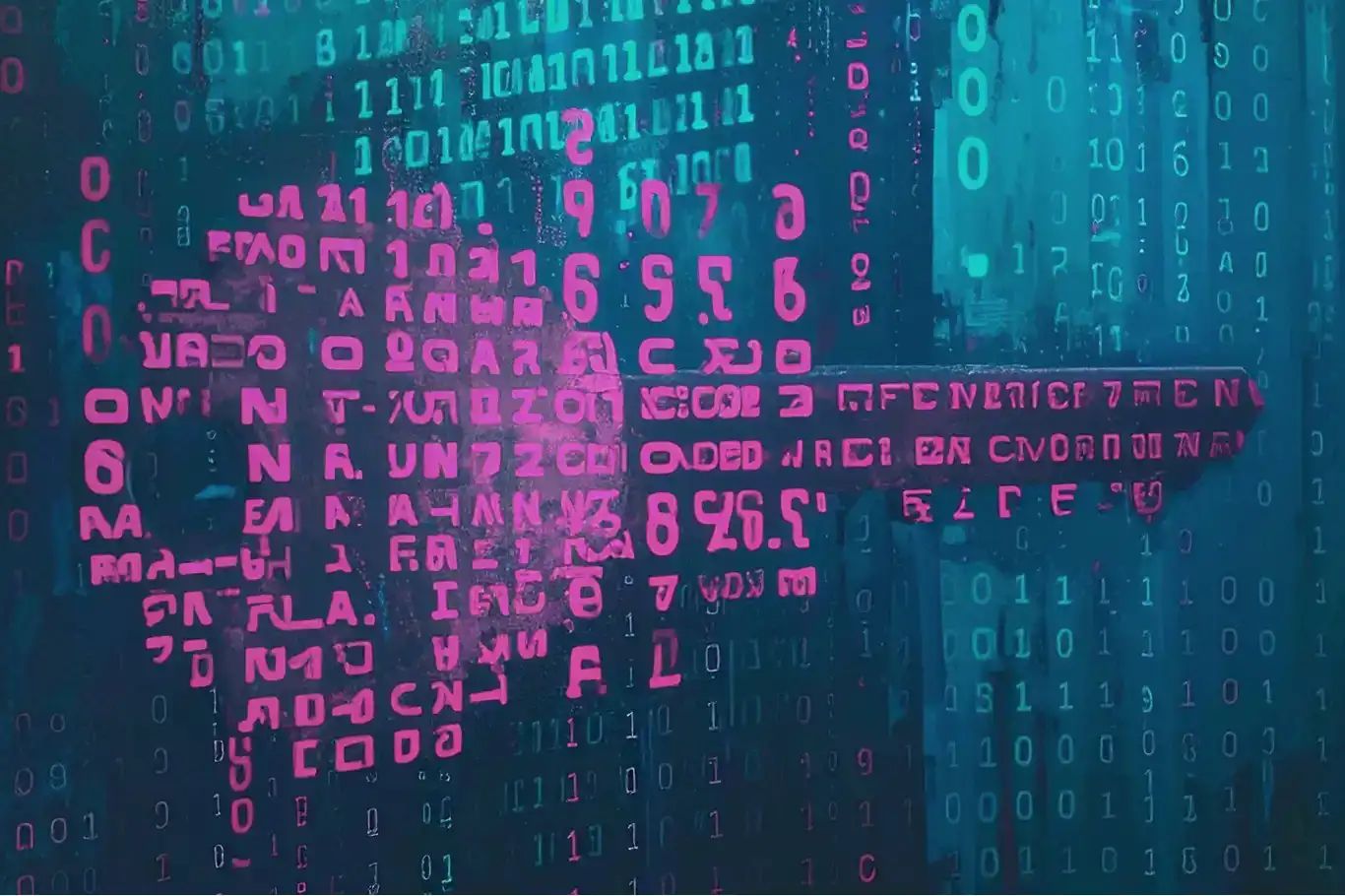Encryption becomes a critical shield as cyber threats escalate


As cyberattacks grow in scale and sophistication, experts are warning that encryption must now stand as a fundamental layer of corporate security.
In today’s digital landscape, a single security breach can jeopardize everything organizations have built. From the theft of intellectual property and sensitive customer data to severe financial losses, reputational damage, and threats to a company’s future, the consequences are wide-ranging.
Cybersecurity experts emphasize that data encryption must serve as a fundamental layer of any robust security strategy.
According to IBM’s 2025 Cost of a Data Breach Report, the average cost of a data breach has climbed to nearly $4.5 million. By converting plain text into unreadable formats, encryption helps protect an organization’s most sensitive information—whether stored or in transit.
Several factors underline the growing need for encryption:
Remote Work: The rise of remote work has introduced new risks, as personal laptops and devices are often less secure than corporate counterparts.
Data Explosion: Global enterprises are generating more data than ever, with projections estimating 181 zettabytes by 2025. Sensitive information such as personally identifiable information (PII), intellectual property, financial data, and M&A plans are increasingly at risk. The growth of artificial intelligence and large language models (LLMs), which require massive datasets, further accelerates this data surge.
Device Loss or Theft: As hybrid work expands, the risk of losing laptops, tablets, and mobile devices—or having them stolen—continues to grow.
Third-Party Threats: Threat actors are becoming more adept at bypassing enterprise defenses.
Weak Security: Stolen, guessed, or phished employee credentials allow attackers to sidestep traditional perimeter defenses with ease. Verizon reports that 22% of breaches last year involved the misuse of credentials, while phishing accounted for 16%. Info-stealer malware is also on the rise, with 75% of the 3.2 billion credentials stolen in 2024 linked to such malware.
Ransomware: Encryption is also a weapon in the hands of attackers. Ransomware and data extortion schemes are creating increasing challenges for network defenders. According to Verizon, ransomware was involved in 44% of breaches last year—up 37% from the previous year.
Insecure Communications: While much of the world now relies on end-to-end encrypted messaging apps, many businesses still depend on email. Without end-to-end encryption, email remains a prime target for interception. Encryption that scrambles email content from sender to recipient should be considered a non-negotiable safeguard.
Insider Threats: Verizon data shows that 18% of breaches last year involved insiders, with the rate rising to 29% in the EMEA region. While many of these incidents stemmed from negligence, cases like the Coinbase breach demonstrate that malicious insider threats persist.
What’s the Best Type of Encryption?
Encryption relies on algorithms and keys to scramble plain text into unreadable data. Experts recommend choosing solutions based on proven, strong algorithms such as AES-256. The choice, however, should be tailored to organizational needs—for instance, databases and cloud environments may require specialized tools.
One of the most common methods is Full Disk Encryption (FDE), which protects data stored on laptops, desktops, and servers. Organizations should look for solutions offering AES-256 encryption, cross-platform support (e.g., Windows and macOS), centralized management, flexible licensing, and minimal user interaction.
Depending on requirements, organizations may also benefit from encryption solutions covering:
Files, folders, virtual disks, and archives – ideal for data that must be shared or stored in unencrypted environments.
Removable media – protecting data stored on USB drives or portable storage from loss or theft.
Email and attachments – ensuring that only intended recipients can access sensitive communications. (ILKHA)
LEGAL WARNING: All rights of the published news, photos and videos are reserved by İlke Haber Ajansı Basın Yayın San. Trade A.Ş. Under no circumstances can all or part of the news, photos and videos be used without a written contract or subscription.
Albania has appointed an artificial intelligence system named Diella as a cabinet-level “minister” to supervise the nation’s public procurement sector, aiming to tackle long-standing corruption.
Türkiye has announced a major national initiative aimed at developing domestically produced nuclear reactors, marking a significant milestone in the country’s energy strategy.
Turkish President Recep Tayyip Erdoğan was formally presented with Togg’s latest electric vehicle model, the T10F, during a special ceremony held at the Dolmabahçe Presidential Office in Istanbul on Saturday.